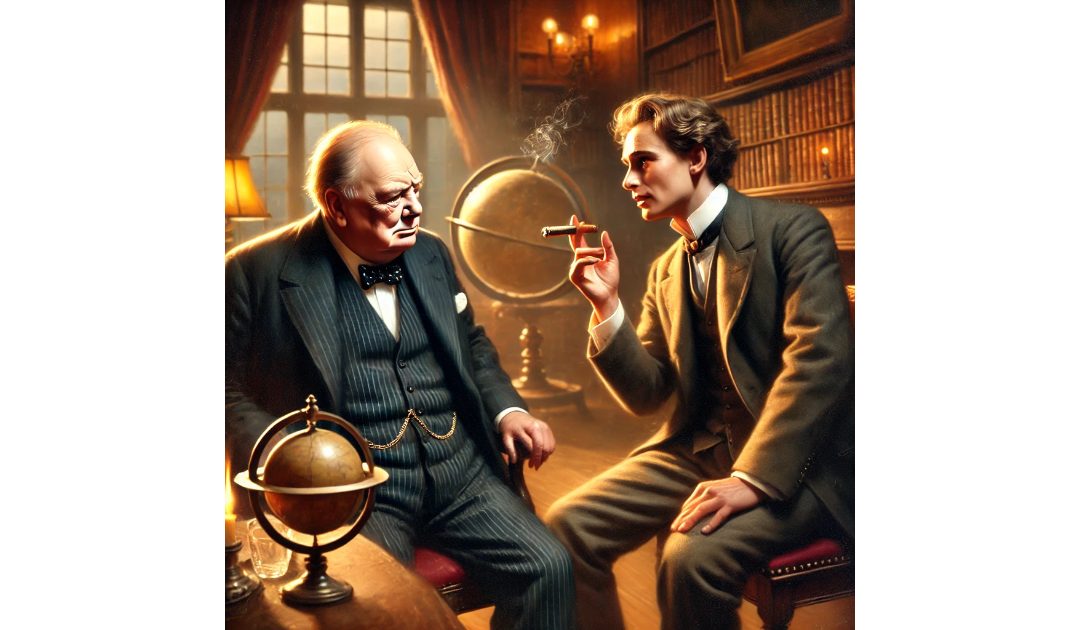The 10th of December holds a special place in the calendar of global achievements—it marks the day the Nobel Prizes are awarded each year. This tradition began in 1901 and commemorates the death of Alfred Nobel, the Swedish inventor and philanthropist who established the prizes to honor those who bring “the greatest benefit to humankind” through their work. Over the years, this date has witnessed groundbreaking achievements, moments of hope, and a celebration of human ingenuity.
Alfred Nobel, inventor of dynamite and holder of over 350 patents, left a large portion of his wealth to establish the prizes in five fields: Peace, Literature, Chemistry, Physics, and Physiology or Medicine. In 1969, the Sveriges Riksbank Prize in Economic Sciences in Memory of Alfred Nobel was added, making it a notable sixth award. These prizes are seen as the pinnacle of achievement in their respective domains, honoring the visionaries who challenge the status quo and push humanity forward.
The award ceremonies take place in Stockholm, Sweden, for most prizes, while the Peace Prize is presented in Oslo, Norway. These events are steeped in tradition. The Nobel laureates receive a medal, a diploma, and a monetary award, often accompanied by heartfelt speeches. In Oslo, the Peace Prize ceremony includes a torchlight parade honoring the laureates, symbolizing their role in guiding humanity toward a better future.
I’m going to showcase just two today. Neils Bohr won in 1922 for his work on Quantum Mechanics and the structure of the atom. In 1978 I was hoping that there would be a question on Bohr’s model of the atom in the Oxford University Entrance and Scholarship Examination. There was! I’m also fascinated by Quantum Mechanics. My other pick is Winston Churchill who was awarded the Nobel Prize for Literature in 1953 for A History of the English-Speaking Peoples. I haven’t read it but I have read The Wilderness Years. I read it around forty years ago, just once. I can’t think of any other book, including the ones I’ve written, that after one reading I can recite a paragraph verbatim forty years later. It was that powerful.

